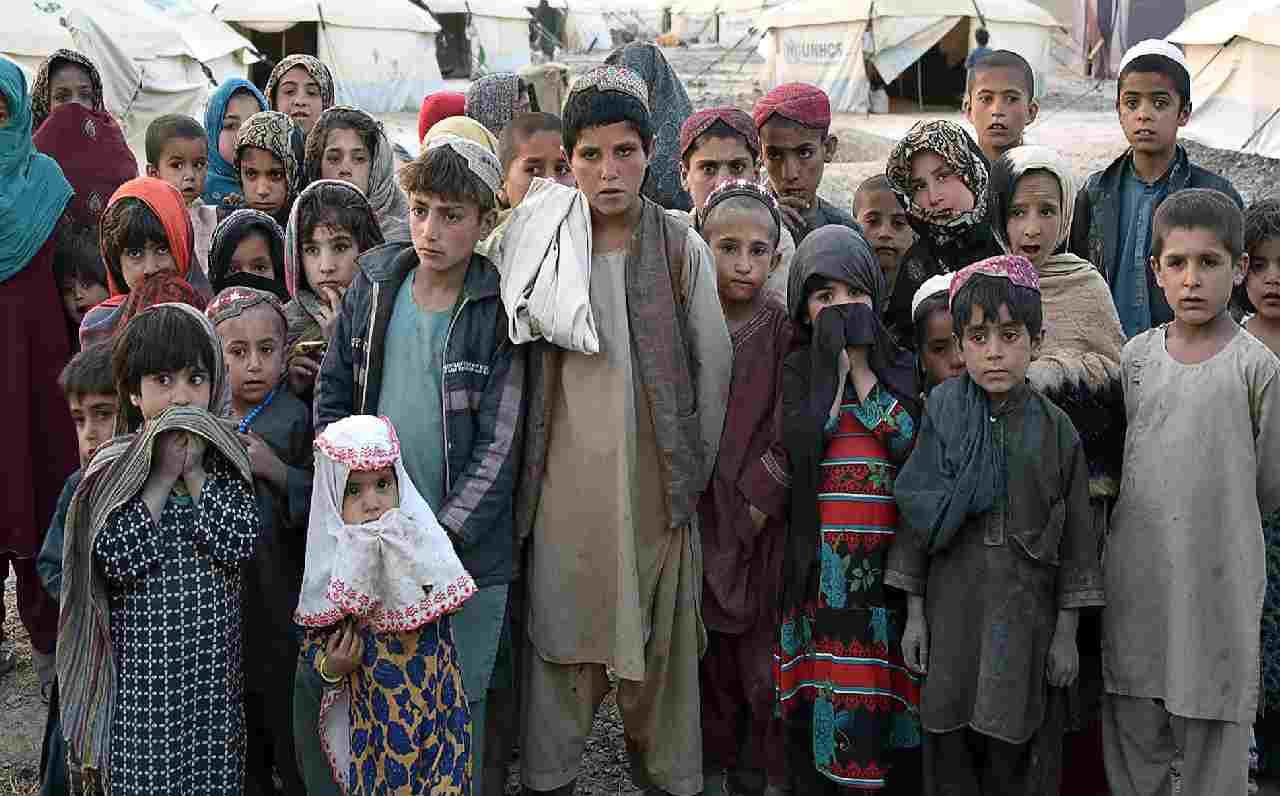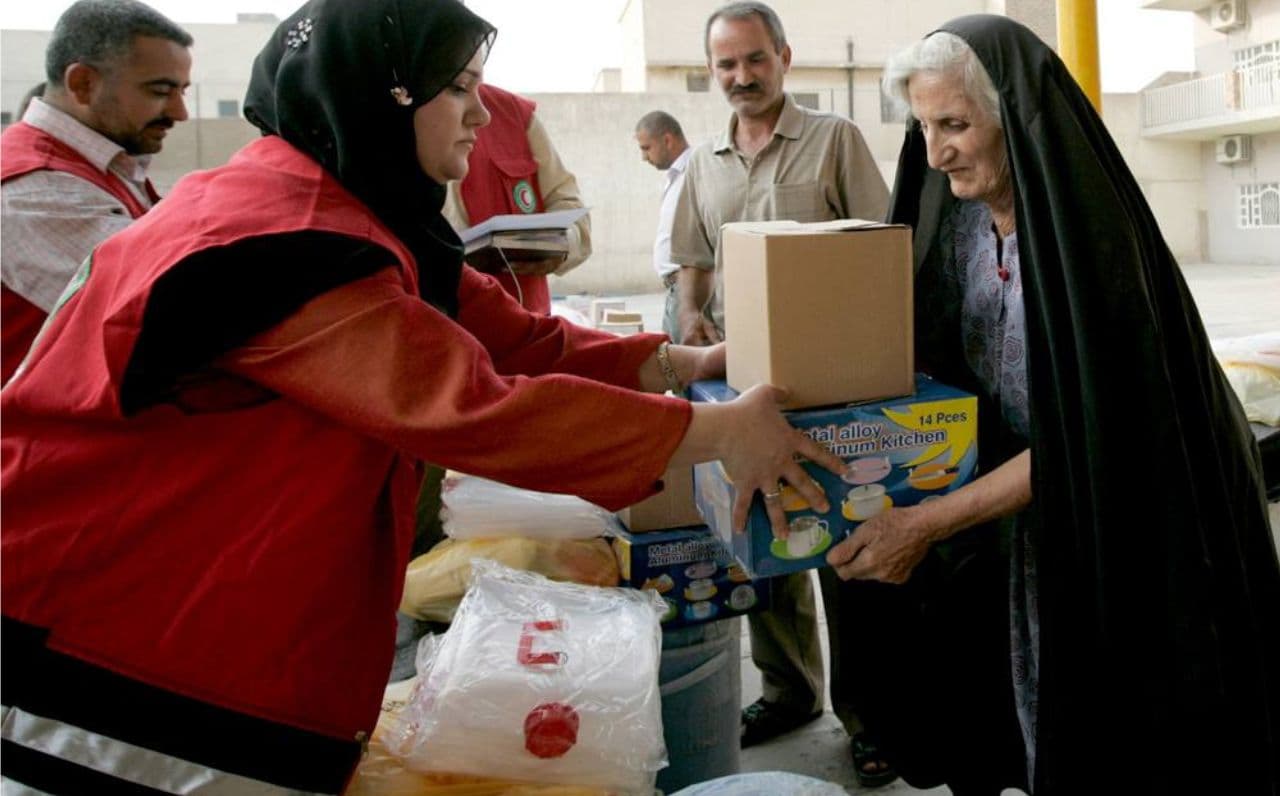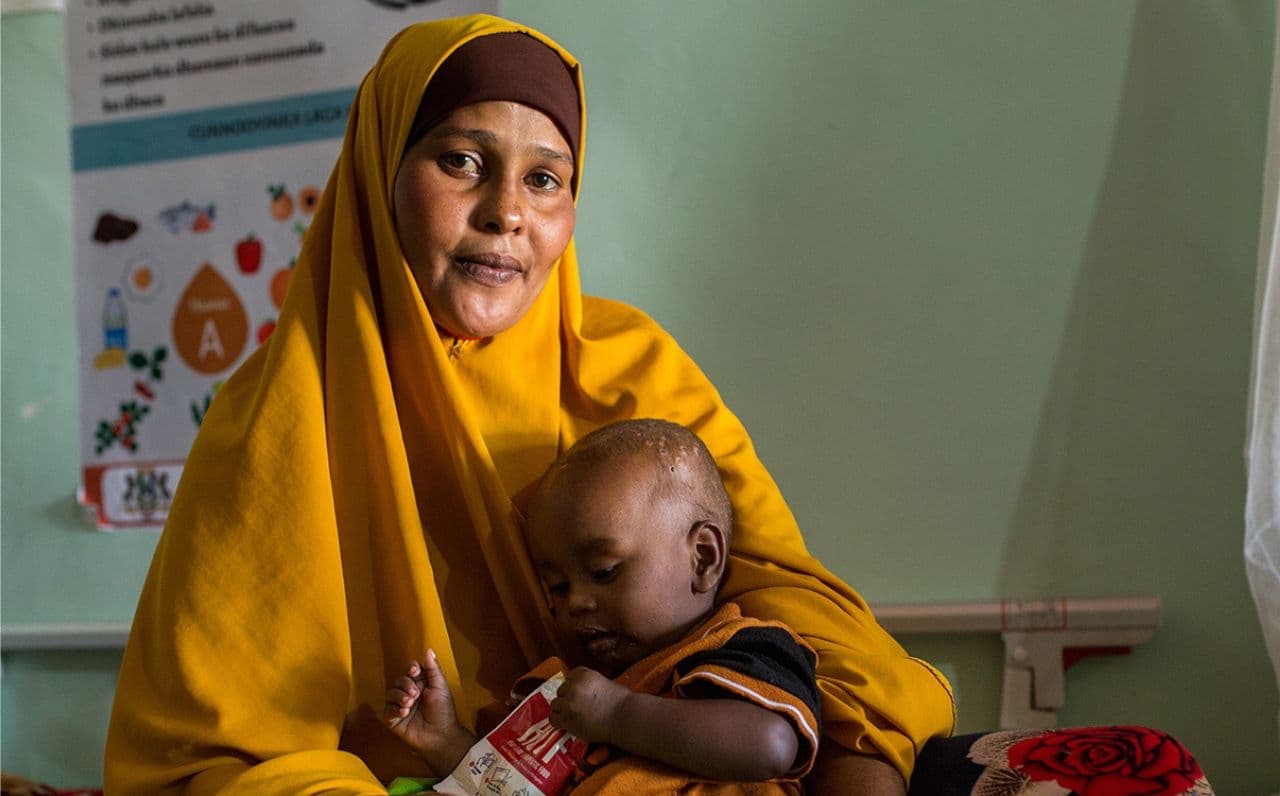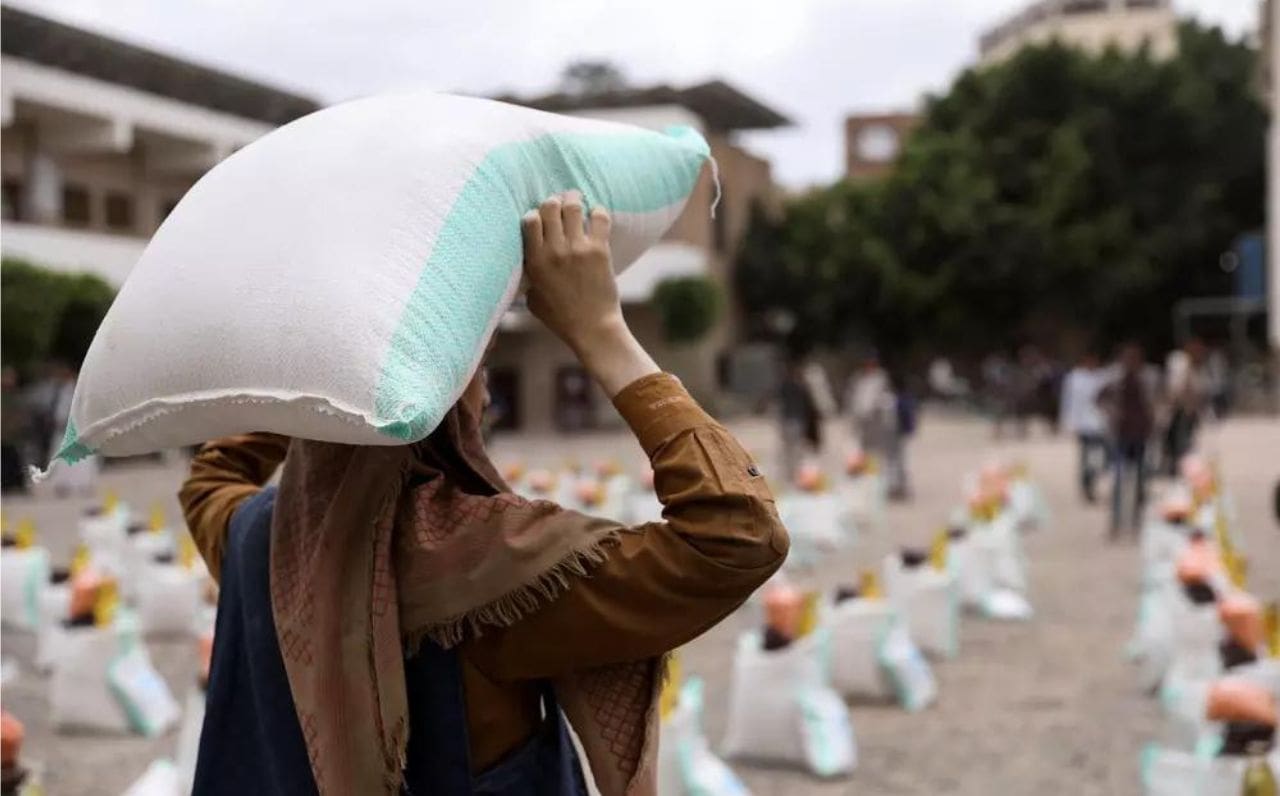Afghanistan's situation

Overview of the dire situation in Afghanistan in recent months.
The situation in Afghanistan remains highly fluid after the change of government in August 2021. Since then, various public services were halted and disrupted due to the uncertainties. The country is going through a change process, and it is expected that the situation will remain fluid in the coming months. Along with the political shift, the combination of natural disasters, severe drought, flooding and COVID-19 pandemic had increased the humanitarian needs exponentially and the country is on the brink of collapsing if the humanitarian and development services are not provided immediately. The security situation remains unpredictable with reports of improvised explosive devices (IEDs) explosions throughout the country causing injuries and deaths to both civilians and the personnel of Islamic Emirates of Afghanistan.
As of 31 October 2021, 680,000 people were displaced by conflict with almost one million returnees from Iran and Pakistan registered. Winterisation assessment had been conducted by multiple agencies to prepare for the upcoming winter season.
The Food Security Cluster reported that the La Nina phenomenon is currently active and will be going into the winter of 2021 till the spring of 2022. The conditions are likely to strengthen and peak during the winter season (until the end of February 2022) and will only start weakening in spring or summer. Lower than average precipitation is forecasted from December 2021 to February 2022 and below-average snowfall may lead to lower–than–average snowpack formation during the winter months which will have an adverse impact for the availability of water for irrigation in spring-summer months. 22.8 million people are projected to be in IPC Phase 3+ and ten out of 11 urban areas are in IPC Phase 4. That means over half of the population of the country, 55 per cent, are enduring crisis or emergency levels of acute food insecurity. The continuous drought will cause a reduction in wheat cultivation and will further create insecurity in food access, weaken production of agricultural produce and adversely impact the livestock health as well as the coping capacities of farmers.
Source & credit: IFRC
Middle east

2021 Dec 22
Middle east

2024 Dec 10
Africa

2024 May 10
Threats against Christians in Australia increase
International, Americas

2024 Apr 16
Increasing Arrests and Faceless Victims Revealed in Latest Findings.
Middle east

2024 Feb 23
SimilarNews
 Syrian Christians Face Persecution
Syrian Christians Face Persecution Rebel Takeover Sparks Fear for Minority Groups.
Middle east

2024 Dec 10
 Report Highlights Rights Violations Against Christians in Iran
Report Highlights Rights Violations Against Christians in Iran Increasing Arrests and Faceless Victims Revealed in Latest Findings.
Middle east

2024 Feb 23
 Coalition Strengthens Aid Efforts for Displaced Christians in Iraq
Coalition Strengthens Aid Efforts for Displaced Christians in Iraq Uniting to Provide Crucial Assistance Amid Ongoing Challenges.
Middle east

2024 Feb 19
Slavery Grips Pakistan's Christian Minority.
Middle east

2024 Jan 27
Concerns about the detrimental impact on civilians and IDPs.
Middle east

2024 Jan 26

